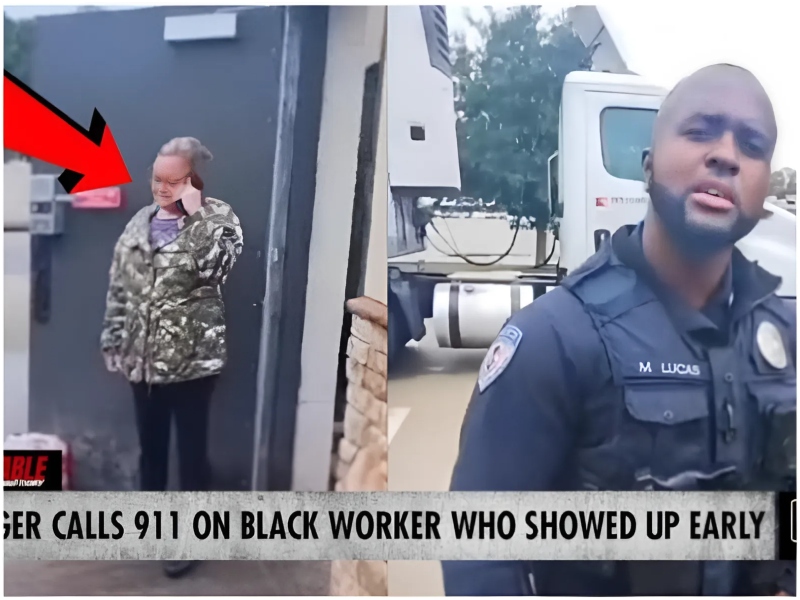In an incident that sparked outrage and discussions about racial discrimination, an Applebee’s manager in Picayune, Mississippi, made headlines for calling the police on a Black employee who arrived early to his shift.
The incident came to light during a segment on the show “Indisputable” hosted by Dr. Rashad Richey and Sharon Reed.
The discussion delved into the troubling trend of racial profiling and discrimination faced by Black individuals in various settings, including the workplace.
According to reports, the Black employee, Henry White, was simply showing up early to begin his shift at the Applebee’s location in Picayune.
However, instead of being welcomed or allowed to proceed with his duties, the manager decided to call the police on the employee.
The situation quickly escalated, drawing attention to the systemic issues of racial bias and discrimination that continue to persist in society.
Dr. Rashad Richey and Sharon Reed addressed the incident on their show, stressing that White did not break any law by coming to work early. They also highlighted the need for accountability and justice in cases of racial injustice.
Could White Purse Legal Action?
Although White is still employed at the Applebee in Picayune, and there is no indication that he sought legal redress for his ordeal, several legal options are available to address the situation.
If White believes that he has been discriminated against on the basis of race, he may have grounds to file a discrimination lawsuit under federal or state anti-discrimination laws.
In the United States, Title VII of the Civil Rights Act of 1964 prohibits employment discrimination based on race, among other protected characteristics. Similarly, Mississippi state law may offer protections against discrimination in employment.
If White can prove that he has been experiencing a pervasive pattern of discriminatory behavior or harassment in the workplace, he may have grounds to file a claim based on hostile work environment under anti-discrimination laws.
Henry White’s case underscores the importance of ongoing conversations and efforts to combat racial discrimination in all its forms.

